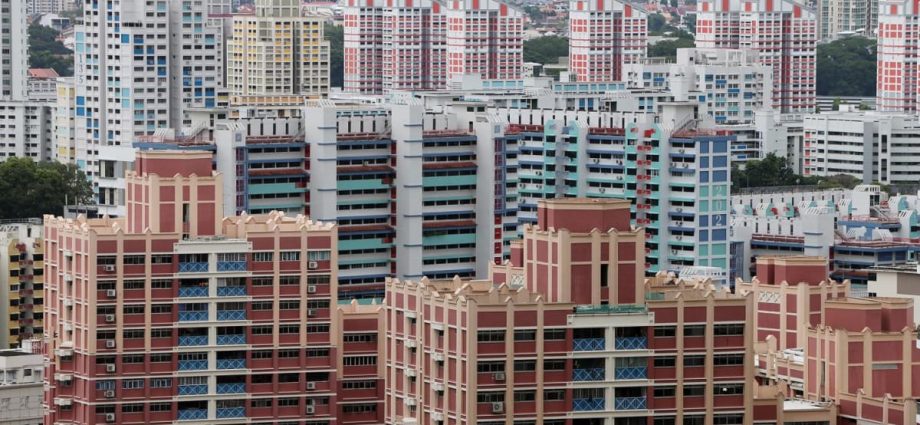
Last year, as central banks go on a rate-hike race to tighten monetary policy, banks have made rapid revisions to their borrowing rates. Mortgage rates, in particular, rose past the 4 per cent mark to levels unseen in recent years.
SingCapital’s chief executive officer Alfred Chia said the need to remain competitive is one reason why fixed rate mortgages at some banks may have come off their highs of late.
“At one stage, we saw fixed rates going to as high as 4.5 per cent but that was just for a very short period. Competition has now made it to about 4 per cent,” he said.
Market expectations for the US Fed to slow down on rate hikes this year and recent fluctuations in the Singapore Overnight Rate Average (SORA) are other factors, said Mr Paul Wee, vice-president of PropertyGuru Finance.
SORA, the volume-weighted average borrowing rate in Singapore’s unsecured overnight interbank cash market, went on a rollercoaster ride in December, starting the month at close to 4 per cent before losing ground to 1.65 per cent by Dec 30.
Mr Wee said this decline can likely be attributed to the lower inflation numbers out of the United States and concerns about the state of the American economy which are both feeding market expectations for a less hawkish Fed.
“In such a market, banks are likely to keep a close eye on their fixed rate packages and adjust them to keep pace with the SORA rate and market expectations,” he added.
That said, SORA has since rebounded – hitting as high as 3.8 per cent this week – reflecting the host of uncertainties that persist in the macro environment and in turn, the likelihood of continued volatility in mortgage rates moving forward, mortgage advisers said.
Several Fed policymakers have this week signalled support for more rate hikes and a top policy rate of at least 5 per cent, even as inflation shows signs of having peaked and economic activity is slowing, according to media reports.
“The general consensus is that the Fed rates will go up to 5 per cent but the challenge is whether the Fed will pivot then,” said Mr Chia.
“They are trying to do a balancing act between inflation and recession. But there is also a geopolitical situation in the form of the Ukraine war still going on, so I think that is the uncertainty that home owners will need to factor in.”
Even if the Fed pivots eventually to cutting rates, interest rates are unlikely to return to pre-pandemic levels, he added. “Unfortunately, the low-rate era is over.”

